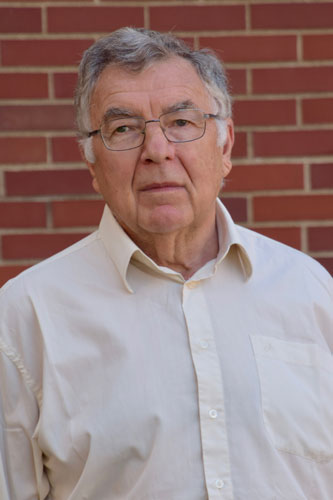 Bela Csukas
Bela Csukas
Bela Csukas, associate professor, University of Kaposvár (Hungary)
Monika Varga, co-author, senior researcher, University of Kaposvár (Hungary)
Bhavik R. Bakshi, faculty mentor
Agriculture, aquaculture and forestry have a determining role in the sustainable utilization of the locally accessible solar energy, land and water, to produce appropriate amount of healthy food, renewable materials and energy. This research aims to prepare a new framework for engineering analysis, planning and operation that is capable both for the holistic overview of these systems, and for the consideration of the detailed dynamic causalities, determined by the underlying sub-processes.
The non-conventional methodology of Programmable Process Structures (PPS) supports the automatic generation and simulation of uniform and connectible dynamic models for various natural and technological systems. The analysis of these unified, multidisciplinary models helps to recognize some sustainability specific features of natural processes. Life Cycle Analysis (LCA) has developed further the multi-objective optimization of multi-scale process systems, involving also the embedded ecosystem.
This research initiates and prepares the synergistic combination of Programmable Process Structures based model generation with the rigorous methods of Life Cycle Analysis. In addition, the PPS and LCA based analysis of the sustainability specific features of various processes contributes to the better understanding how the natural systems are more sustainable by themselves. The underlying cooperative principles may consciously be applied in planning and operation of engineering processes.